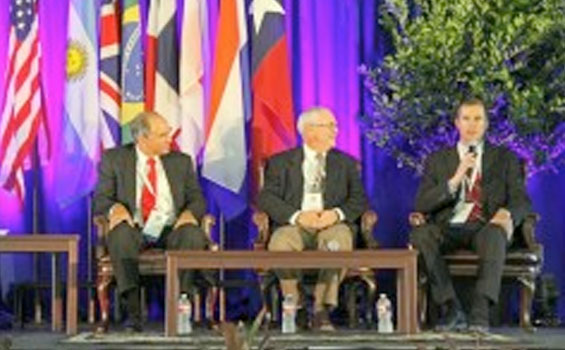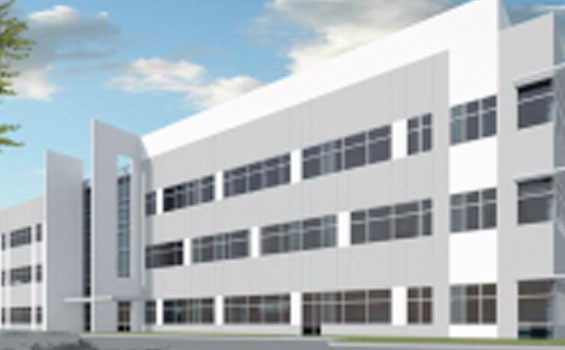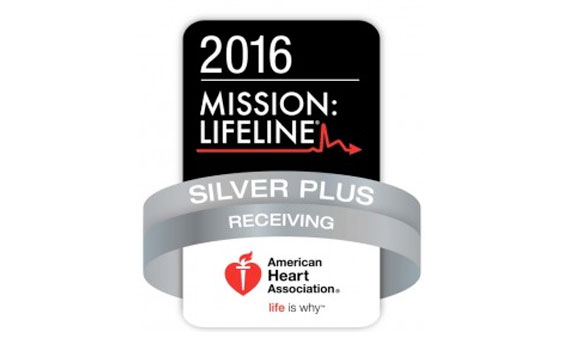Stay up to date on the latest projects, news, and happenings in our city by subscribing to our quarterly e-newsletter.
Kuraray America to Invest $49 Million in Pasadena Plant 08/26.2016

25 Aug 2016
Source: Posted: Friday, August 26, 2016 3:42 pm | Updated: 3:49 pm, Fri Aug 26, 2016. By Kristi Nix - The Pasadena Citizen
Following on the heels of a new $300 million polyvinyl alcohol plant in Bayport, Japan’s Kuraray Co. is planning to expand its existing Pasadena facility, a company official reported.
The $49 million expansion project will allow the Tokyo-based company to boost production of ethylene vinyl alcohol copolymer, Kuraray America plant manager Robert Armstrong said.
The product, known as EVAL, is used in applications such as packaging for food products and for liners used to prevent soil pollution.
The expansion project will increase the plant’s annual production capacity for EVAL to 58,000 tons - an increase of 11,000 tons.
Company officials are also planning to build a new plant soon and are considering the Houston area.
“Looking ahead, we know the EVAL business is growing at a steady rate of 4 (percent) to 5 percent globally, and that turns into a volume demand of anywhere from 5,000 to 6,000 metric tons,” Armstrong said. “So, that means someone who produces this product has to build a new plant every two to three years.
The company sees advantages in the United States, and Houston in particular, as it considers the site for a new plant, Armstrong said.
“The first thing we look at is our customer base. Where is the business? A lot of that business is in the Americas. Then you look at where you can locate a plant close to raw materials, close to the infrastructure you need to move those raw materials and the final products to customers, and then you consider the network of people that support a plant in engineering, construction, maintenance,” Armstrong said. “Underlying all that is the governmental system. The political stability and the legal system we have in the United States is a tremendous advantage for all of us.”
Armstrong said demand for EVAL is being driven by various factors.
“It’s a combination of the rising costs of energy and food products and how valuable food is and the convenience and value in flexible packaging,” he said. “When you look at products that you used to store in metal and glass, plastic is ultimately cheaper and helps protect the product for a longer period.”
The need for packaging that protects and preserves food is driving industry growth.
“I think here in the United States we waste roughly 20 to 35 percent of our food,” Armstrong said. “It spoils before we actually use it, and that spoilage occurs in the refrigerator. In developing countries like Kenya, they spoil their food before they can even get it to the consumer. So, something like 80 to 90 percent of the milk that’s produced in Kenya never reaches the consumer because it spoils before they can receive it.”
Another factor behind suring demand for EVAL is the use of barrier material to meet environmental regulations to protect air, soil and water quality and prevent emissions of hydrocarbons, Armstrong said.
One of the challenges the company faces is an increasing demand for water.
“We use a significant amount of water in our processes. We think that five to 10 years from now it will either be very expensive to use that amount of water or there will be restrictions,” Armstrong said. “As the population grows and industries invest, the demands on our water resources are going to increase.”
The company will focus over the next five to 10 years on internal recycling and working with partners that handle wastewater treatment.
Expansion of the Pasadena facility is expected to be complete by the summer of 2018.
More Topics






